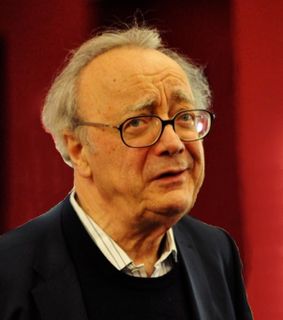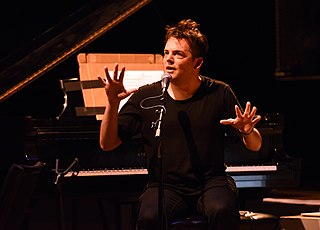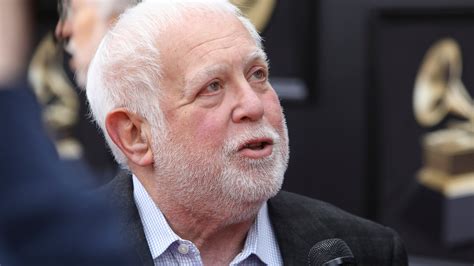A Quote by Alfred Brendel
If I belong to a tradition, it is a tradition that makes the masterpiece tell the performer what to do, and not the performer telling the piece what it should be like, or the composer what he ought to have composed.
Related Quotes
In India, I have been called a 'destroyer.' But that is only because they mixed my identity as a performer and as a composer. As a composer I have tried everything, even electronic music and avant-garde. But as a performer I am, believe me, getting more classical and more orthodox, jealously protecting the heritage that I have learned.
Those who feel guilty contemplating "betraying" the tradition they love by acknowledging their disapproval of elements within it should reflect on the fact that the very tradition to which they are so loyal—the "eternal" tradition introduced to them in their youth—is in fact the evolved product of many adjustments firmly but delicately made by earlier lovers of the same tradition.
When I finally got together with Rostropovich as a student, he was very focused, almost entirely focused on the music itself, on what the composer had in mind and what he knew about the composer. Many of the works that I played for him had in fact been composed and written for him; he was often the first performer of these works, having known the composers personally.



































